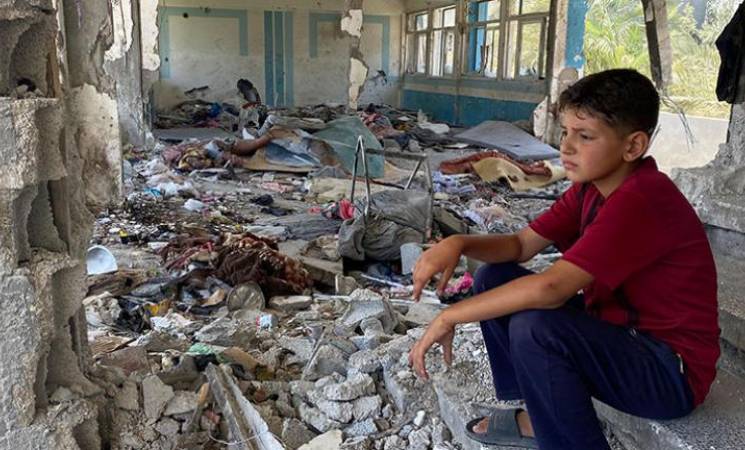Habermas
Critical Apologetics: On Rainer Forst’s Noumenal Power
Jurgen Habermas, Rainer Forst, Nicole Deitelhoff, and Klaus Gunther signed on 16 November 2023, ‘Principles of Solidarity: A Statement’,[1] in which they clarified that the role of critical theory today was to be clear on not attributing genocidal intentions to Isreal’s actions against the Palestinian people, who are referred to in the statement as ‘the Palestinian Population’. According to this statement, the primary concern of the representatives of the Frankfurt School today is to refine ‘the standards of judgement’ and defend the ethos of the Federal Republic of Germany that is based on the obligation to ‘respect human dignity’ and protect primarily Jewish life and Isreal’s unquestionable right to exist as a Jewish state. There is no other mention of the Palestinian people in the statement, the sole and primary task of critical theory today, according to its signatories is to fend off the return of antisemitism. They single out 7 October as an event that has no historical narrative of its own beyond that of German politics of memorialisation and reconciliation - as though 7 October was an attack against Germany and Europe, and not against an ongoing colonial occupation. The signatories also effectively equivocate antisemitism with anti-Zionism. This issue is not the focus of my essay here, I can point the reader to numerous recent critical engagements such as Historical Materialism’s special issues on the topic. Rather, I am concerned with the claim that the task of critical theory is to point out the ‘standards of judgement’. This cannot be farther from Marx’s critical contribution to the analysis of modern society and its contradictions. Critical theory must not be allowed to descend into the task of safeguarding the normative liberal order and the defence of a fictive public sphere bereft of ideologies, for this definition of the task of critical theory is one step away from bourgeois moral philosophy.

